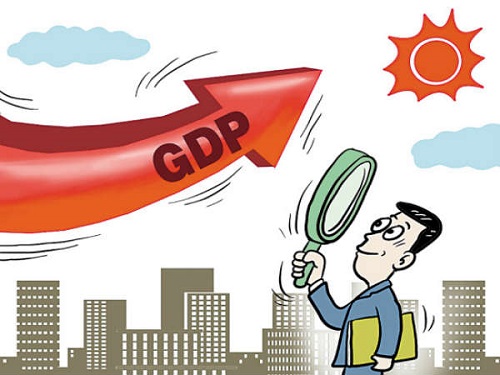Lao Economy Suffering Due To Covid-19 Outbreak
Source: Vientiane Times
This year’s Covid-19 outbreak has deepened the impacts on Laos’ economy, resulting in business shutdowns, growing health concerns, and falling sales.
A recent World Bank report cited a survey of 421 firms that was carried out in April-May 2021, which indicated that the Covid outbreak was having a severe impact on sales.
“With the second outbreak ongoing, businesses face major disruptions, deepening the shock on sales,” stated the World Bank’s “Economic Monitor for Laos — A Path to Recovery”.
“Fewer than 40 percent of firms remained open in April/May 2021. The drop in monthly sales increased from 31 percent in March/April 2020 to 48 percent in March/April 2021.”
Companies and SMEs in Vientiane and Luang Prabang province have been more affected than those in other provinces.

According to the report, about one-third of family businesses shut down while, of those that remained open, more than half experienced declining revenue.
The Covid-19 outbreak this year resulted in further losses in household income, with more than 25 percent of families saying they are very concerned about food insecurity.
Meanwhile, the unemployment rate is rising after more than 246,000 Lao workers have returned from Thailand since the pandemic began last year.
Annual sales in 2020 fell by more than 40 percent on average relative to 2019, according to the World Bank.
Economic activities displayed signs of recovery following the first lockdown last year, but the prolonged lockdowns imposed since April this year have caused major disruptions of business performance.
Travel restrictions have interrupted the transport of goods and farming activities. Many businesses, notably those in the service sector, are struggling to survive, with many suffering liquidity shortages and payment difficulties.
According to the World Bank, almost half of all companies have reported cash-flow shortages and more than one third have already delayed at least some payments for more than a week.
Economists are concerned that a prolonged lockdown could force companies that have already reduced investment to spend even less, thus further reducing their prospects of recovery.
Many Vientiane residents say the latest restrictions increase the hardships they are facing and make it even harder to earn a living.
Conversely, the pandemic could have a positive impact on long-term productivity through the acceleration of digital applications.
The World Bank’s survey suggests that about 16 percent of companies have invested in digital technologies or adopted new delivery methods.
The government has determined six primary goals until the end of 2023 to fulfil the national agenda to address financial and economic difficulties.
These include: (1) ensure economic growth of at least 4 percent annually, (2) boost productivity for export, (3) reduce the fiscal deficit, (4) settle the national debt, (5) ensure financial stability, and (6) move closer to governance through the rule of law.




